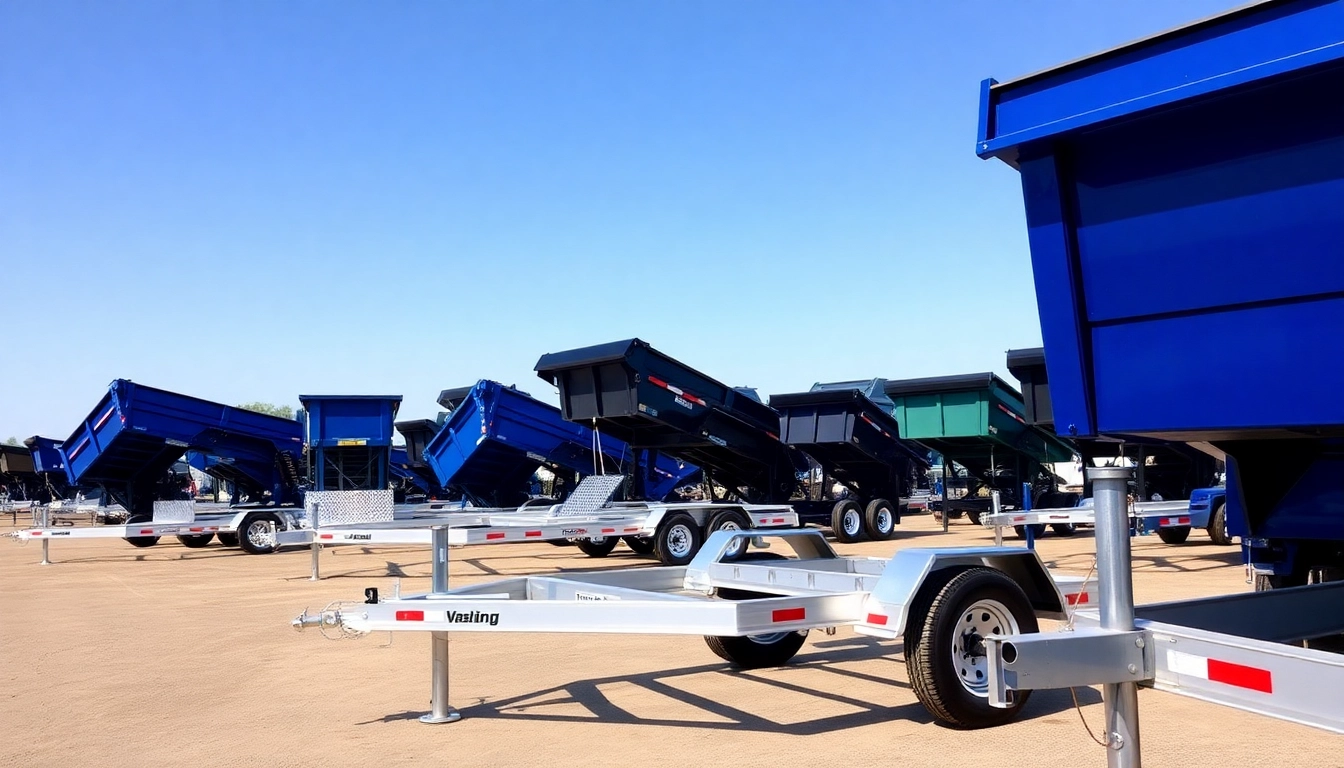
Understanding NVQ Level 4 Crane Supervisor Qualifications
The NVQ Level 4 qualification for Crane Supervisors is a pivotal step for individuals aspiring to excel in the construction and lifting industry. This certification not only validates a supervisor’s skill set but also enhances their credibility within the workforce. As the demand for skilled crane supervisors rises, understanding the intricacies of the qualification process and its requirements becomes imperative. For those keen on excelling in their assessments, comprehensive resources such as NVQ Level 4 Crane supervisor answers provide an invaluable edge.
What is NVQ Level 4?
The NVQ (National Vocational Qualification) Level 4 in Crane Supervision serves as an advanced qualification designed for individuals who hold significant responsibilities in supervising lifting operations. This level is deemed crucial for professionals aiming for managerial roles within the industry. The NVQ Level 4 emphasizes practical skills and knowledge, including the assessment of complex scenarios encountered on site. The qualification is structured to reflect the realities of the day-to-day challenges faced by crane supervisors.
Importance of Crane Supervisor Certification
The certification acts as a testament to a professional’s expertise in critical areas like safety management, operational efficiency, and legislative compliance. It encompasses a wide array of competencies, such as risk assessment and control measures, making certified supervisors invaluable assets to any construction project.
Moreover, this certification helps aspiring supervisors to distinguish themselves from their peers, enhancing their employability and career advancement opportunities. Organizations increasingly prioritize certified supervisors for their projects, which further underscores the importance of obtaining this qualification.
Key Competencies Required
To successfully achieve the NVQ Level 4 certification, candidates must demonstrate proficiency in several key competencies. These include:
- Understanding Lifting Operations: Knowledge of planning and executing complex lifting operations while ensuring compliance with health and safety regulations.
- Risk Assessment: Ability to assess risks associated with lifting operations and implement suitable control measures.
- Communication Skills: Proficiency in effectively communicating task requirements and safety measures to team members and other stakeholders.
- Team Leadership: Skills in managing and leading a team of operators, ensuring that they work efficiently and safely.
- Problem Solving: Aptitude for addressing unexpected challenges and implementing effective solutions on site.
Common Questions and Answers for NVQ Level 4
Navigating the assessment process for the NVQ Level 4 can be daunting. Here we outline some of the most common questions and answers related to the qualification.
Typical Assessment Scenarios
The assessments often involve various practical and theoretical scenarios. Candidates may be asked to describe processes for supervising lifting operations, explain how to maintain safety standards, or provide detailed accounts of how they would respond to particular emergencies on site.
For example, a candidate might be asked to outline the steps to safely oversee a large lifting operation that involves multiple cranes. Such assessments are crafted to test both theoretical knowledge and practical ability.
Understanding Answer Formats and Expectations
Assessors expect candidates to provide clear, concise, and well-structured answers. Responses should include industry terminology and demonstrate an understanding of safety regulations, operational protocols, and risk management strategies.
It’s also important to cite specific examples from experience whenever possible to illustrate competence. Using diagrams or sketches can enhance the clarity of the explanation, especially in technical scenarios.
How to Prepare Effectively
Preparation for the NVQ Level 4 assessment involves extensive review and practice. Candidates should focus on the following strategies:
- Familiarize with the Units: Review all units of the NVQ Level 4 qualification thoroughly to understand the expected competencies.
- Utilize Study Guides: Leverage study materials and resources designed specifically for NVQ Level 4 candidates to grasp complex concepts.
- Engage in Practical Training: Hands-on practice is essential. Engage in supervision and management roles in real-life scenarios to solidify skills.
- Join Study Groups: Collaborating with peers who are also preparing for their assessments can foster knowledge exchange and build confidence.
Best Practices for Effective Crane Supervision
Becoming a proficient crane supervisor requires adherence to best practices which ensure the safety, efficiency, and productivity of lifting operations. Here, we delve into several key strategies.
Implementing Safety Protocols
Safety should always be the foremost priority in crane operations. Adhering to established safety protocols can significantly mitigate risks associated with lifting operations. Key measures include:
- Conducting Regular Inspections: Regular equipment checks are essential to ensure that all lifting equipment is functioning correctly and safely.
- Training and Briefing: Ensure that all teams involved in lifting operations are well trained and briefed on safety protocols and emergency procedures.
- Use of Personal Protective Equipment (PPE): Emphasize the importance of PPE and ensure that all team members are equipped with necessary safety gear.
Effective Communication Techniques
A crane supervisor must possess excellent communication skills to ensure that instructions are clearly understood by all team members. This includes:
- Using Clear Language: Avoid technical jargon when unnecessary, and communicate in a clear and straightforward manner.
- Establishing Key Signals: Develop standard hand signals for communicating with the crane operator and ground crew to coordinate actions safely.
- Regular Meetings: Conduct pre-operation meetings to discuss risks, responsibilities, and roles, ensuring all team members are on the same page.
Team Management Strategies
Managing a team effectively is crucial for a crane supervisor. Implementing the following strategies can foster a positive work environment:
- Encouraging Open Feedback: Create an environment where team members feel comfortable providing feedback about operations.
- Recognizing Performance: Celebrate team successes and highlight individual contributions to boost morale and motivation.
- Providing Support: Ensure that team members have access to support and resources they need to perform their tasks efficiently.
Resources for NVQ Level 4 Crane Supervisor Candidates
Accessible resources can greatly enhance preparation for the NVQ Level 4 assessment. Here are some recommended materials:
Recommended Study Materials
Study materials play a crucial role in preparing candidates for their assessments. Some of the top resources include:
- Textbooks and Manuals: Find textbooks that specifically address NVQ Level 4 content, ensuring they align with the latest industry standards.
- Online Courses: Enroll in targeted online courses focusing on crane supervision to grasp theoretical understanding and practical skills.
- Industry Journals: Subscribing to industry journals and publications can keep candidates updated on new regulations and technological advancements.
Online Forums and Study Groups
Networking with fellow candidates can provide peer support and additional resources for preparation. Online forums such as LinkedIn groups or specific NVQ preparation websites can facilitate discussions, exchange answers, and share insights on various topics related to the qualification.
Professional Development Opportunities
Continuous professional development is crucial for crane supervisors. Candidates should consider participating in:
- Workshops and Seminars: Look for workshops that focus on current trends and best practices in crane operations.
- Certification Courses: Beyond the NVQ Level 4, pursue additional certification courses that may enhance knowledge and skills in specialized areas.
- Networking Events: Attend industry networking events to connect with professionals and learned industry best practices that can be applied on the site.
Evaluating Your Readiness for the NVQ Assessment
Self-evaluation is an essential step for candidates preparing for the NVQ Level 4 assessment. Here are some ways to assess readiness:
Self-Assessment Checklist
Creating a self-assessment checklist can help gauge preparedness. Checklists can include:
- Understanding of all units and competencies required.
- Ability to apply theoretical knowledge in practical situations.
- Confidence in communicating instructions and safety measures.
- Readiness to manage a team effectively.
- Awareness of potential challenges and contingencies.
Mock Tests and Practice Questions
Engaging in mock tests can be incredibly beneficial. Candidates should simulate the testing environment with timed quizzes that reflect typical assessment questions and formats. This practice can help improve time management skills and identify weak areas needing further study.
Evaluating Performance and Weaknesses
After completing mock tests, candidates should critically evaluate performance to identify strengths and areas for improvement. Keeping a reflective journal can aid in monitoring progress and adjusting study strategies as necessary.






